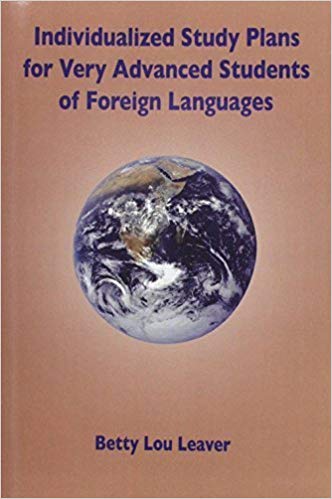Wait for..Diagnostic Assessment at the Superior/Distinguished Threshold

Peek into the future! Wait just a bit. Coming up some time this year is the publication of Diagnostic Assessment at the Superior/Distinguished Threshold , the second edition of a unique book by Bella Cohen, with an introduction by Steve Koppany Description: Diagnostic Assessment provides teachers of foreign-language students working at high levels of language proficiency with tools and techniques for determining gaps in students' knowledge and skills and with suggestions for tasks that can help students. The book is written by an experienced teacher, diagnostic assessor, proficiency tester, and tester trainer. The suggestions are based on work with literally hundreds of students in government language programs. Check out excerpts from the current edition. For more posts about Bella and her book, click HERE . Book is available at discount from the MSI Press webstore . Sign up for the MSI Press LLC newsletter Follow MSI Press on Twitter , Face Book , and...
